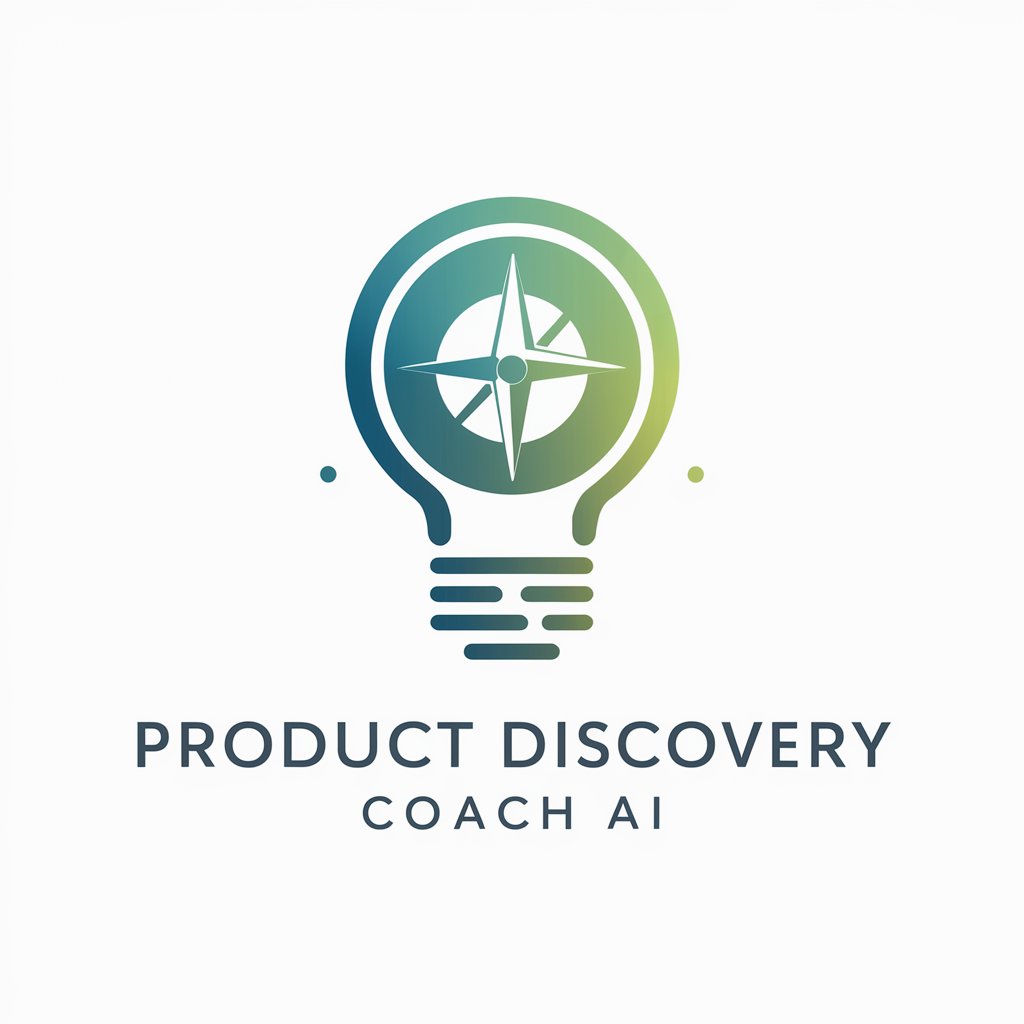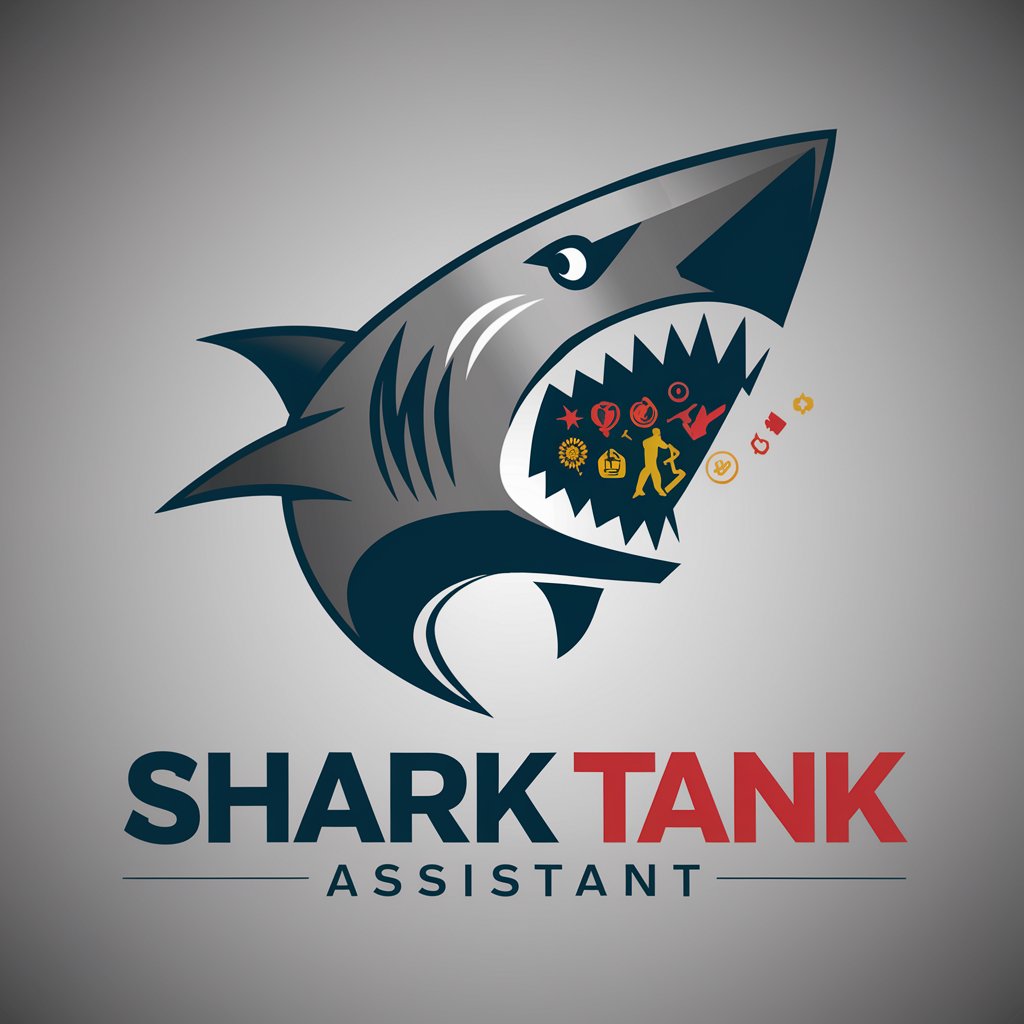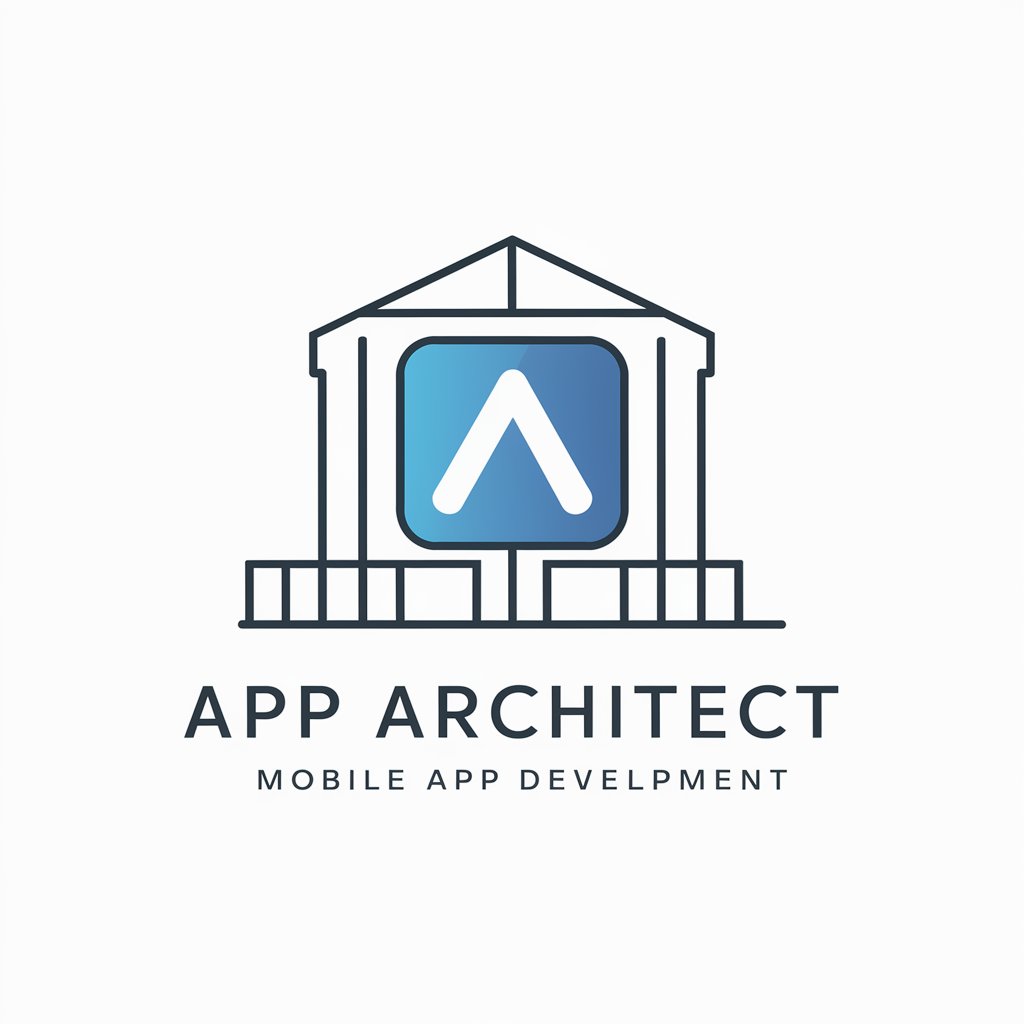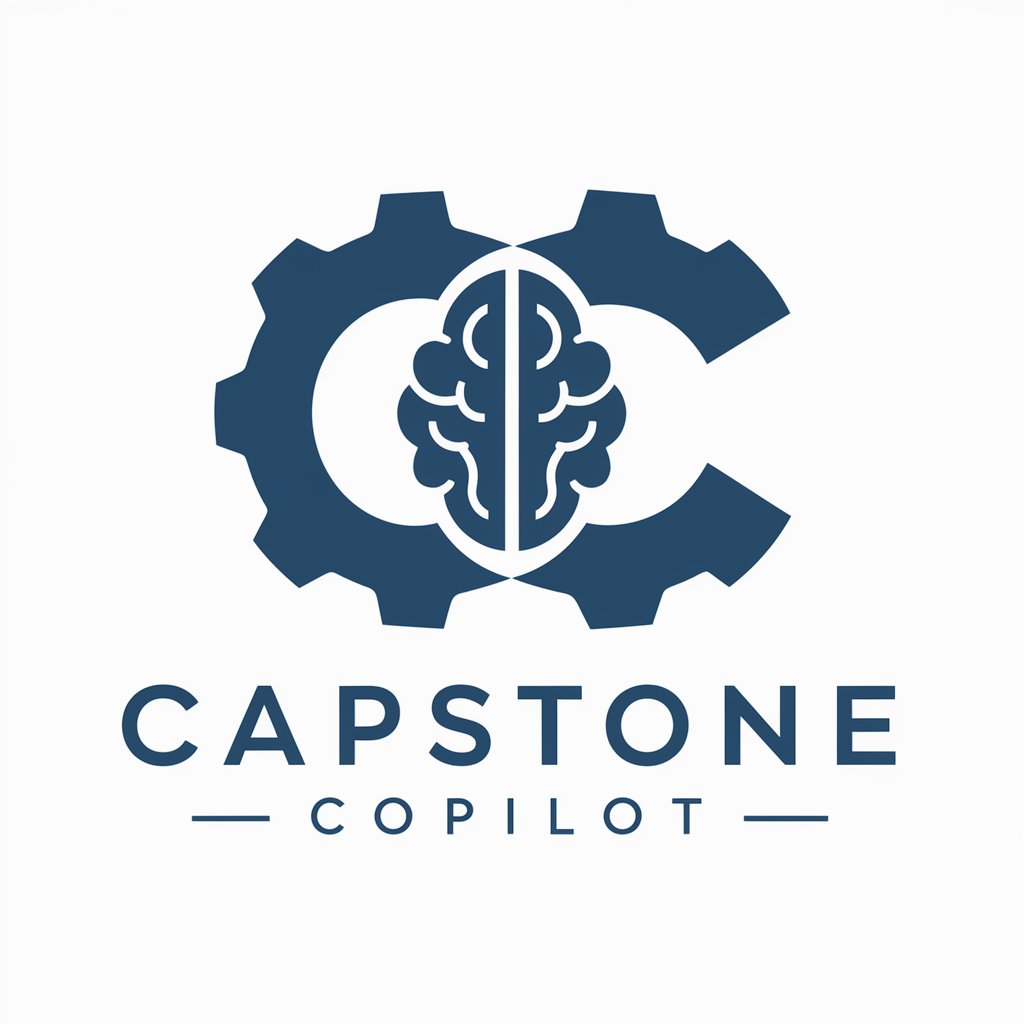8 GPTs for Concept Validation Powered by AI for Free of 2026
AI GPTs for Concept Validation are advanced tools leveraging the power of Generative Pre-trained Transformers to assist in validating ideas, concepts, and hypotheses. These tools are designed to provide comprehensive insights and analytics, tailored specifically for the evaluation and testing of new concepts across various domains. By harnessing the capabilities of GPTs, users can simulate potential outcomes, analyze market trends, and gather feedback on their ideas, making them invaluable for ensuring the viability of new innovations.
Top 8 GPTs for Concept Validation are: Startup Idea Generator,Design Buddy,Product Discovery Coach,Entrepreneurs Innovation HUB,Shark Tank Assistant,App Architect,Idea Check GPT,BYU Capstone Copilot
Startup Idea Generator
Igniting Ideas, Powering Startups

Design Buddy
Empowering Design Decisions with AI

Product Discovery Coach
Empowering innovation with AI-driven insights

Entrepreneurs Innovation HUB
Igniting Entrepreneurial Creativity with AI

Shark Tank Assistant
Powering Innovative Pitches with AI

App Architect
Empowering App Development with AI

Idea Check GPT
Transforming ideas into unique innovations with AI

BYU Capstone Copilot
Empowering engineering creativity with AI

Distinctive Attributes and Functions
AI GPTs tools for Concept Validation stand out for their adaptability, capable of serving a wide range of functions from basic idea assessment to in-depth market analysis. Key features include advanced language comprehension for qualitative feedback, technical support for data-driven insights, web searching for up-to-date information, image creation for visual concept representation, and data analysis capabilities for quantitative evaluation. These tools are designed to be highly customizable, catering to the specific needs of concept validation.
Who Benefits from Concept Validation Tools
These AI GPTs tools cater to a diverse audience, including entrepreneurs, product developers, marketers, and researchers seeking to validate their concepts. They are accessible to novices without coding experience, offering user-friendly interfaces and guided processes. Simultaneously, they provide robust customization options for developers and professionals with technical expertise, allowing for deeper analysis and tailored validation approaches.
Try Our other AI GPTs tools for Free
User Testing
Discover how AI GPTs for User Testing enhance efficiency and insight, offering adaptable, user-friendly tools for developers, designers, and researchers.
Experiment Ideas
Discover how AI GPTs for Experiment Ideas can transform your research and development processes with innovative, data-driven insights and tailored solutions for experimental design, accessible to professionals and novices alike.
Roleplay Inspiration
Discover AI-powered GPT tools for Roleplay Inspiration, enhancing creativity and storytelling for gamers, developers, and professionals.
Price Monitoring
Discover how AI GPTs for Price Monitoring can revolutionize your pricing strategy with real-time data, predictive analytics, and customizable tools designed for everyone from novices to professionals.
Indicator Interpretation
Discover how AI GPTs for Indicator Interpretation transform data analysis with advanced AI, making complex indicators accessible and interpretable for informed decision-making.
User Education
Explore how AI GPTs are transforming User Education with personalized, accessible, and dynamic learning solutions for users of all levels.
Further Perspectives on Customized Solutions
AI GPTs for Concept Validation excel in offering customized solutions across different sectors, adapting to unique industry challenges and requirements. Their user-friendly interfaces ensure ease of use, while the potential for integration with existing systems makes them a versatile tool in any innovation process, driving forward the development of viable, market-ready concepts.
Frequently Asked Questions
What is Concept Validation with AI GPTs?
Concept Validation using AI GPTs involves utilizing AI technologies to assess, analyze, and validate new ideas or concepts, ensuring they meet market needs and have potential for success.
Who can use AI GPTs for Concept Validation?
Anyone from individual entrepreneurs to large corporations can use AI GPTs for Concept Validation, especially those looking for data-driven insights into their concepts' viability.
Do I need coding skills to use these tools?
No, these tools are designed to be accessible without coding knowledge, featuring intuitive interfaces and guided processes.
Can AI GPTs customize analysis for specific industries?
Yes, AI GPTs can be tailored to perform specific industry-related analysis, offering relevant insights and data for concept validation.
What makes AI GPTs different from traditional concept validation methods?
AI GPTs offer real-time data analysis, advanced language understanding, and the ability to simulate numerous scenarios, providing a more comprehensive and dynamic approach to concept validation.
How do AI GPTs handle data privacy and security?
AI GPTs are designed with data privacy and security in mind, employing encryption and secure data handling practices to protect user information.
Can these tools integrate with existing systems?
Yes, many AI GPTs for Concept Validation are built to seamlessly integrate with existing workflows and systems, enhancing their functionality without disrupting established processes.
What types of feedback can I expect from using AI GPTs for Concept Validation?
Users can expect a range of feedback, including market trends analysis, potential challenges and opportunities, consumer sentiment analysis, and more, helping to refine and validate their concepts.